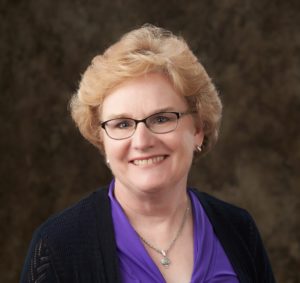
Our early life stages are pretty predictable. We speak our first words and take our first steps — generally within a short time frame of a few months to a year or two. We can also count on puberty taking place between a few short years of our youth.
When we become young adults, our development and maturation from there on have more to do with our environment around us and the choices we make. These factors are what contribute to our older adults being the most diverse age sector of the world’s population.
Beyond biological changes, aging is often associated with other life transitions such as retirement, relocation to more appropriate housing and the experience of death of friends and partners. A longer life brings with it opportunities, not only for older people and their families, but also for societies as a whole.
Additional years provide the chance to pursue new activities such as further education, a new career or a long-neglected passion. Older people also contribute in many ways to their families and communities. Yet the extent of these opportunities and contributions depends heavily on one factor: health.
If people can experience their extra years of life in good health and if they live in a supportive environment, their ability to do the things they value will be little different from that of a younger person. This thought was brought home to me through a recent conference I attended. One of my take-away statements — “At retirement, it’s important to keep our activity level up to the level it was prior to retirement. Those activities may change and should change, but we must remain involved and active.”
Maintaining healthy behaviors throughout life, particularly eating a balanced diet, engaging in regular physical activity and refraining from tobacco use, all contribute to reducing the risk of non-communicable diseases, improving physical and mental capacity and delaying care dependency.
Just as every person is unique, so too is how they age and how they choose to do it – and there is no “right” way. Sure, we can distinguish those who are in their second half of life, but we don’t dare guess their age. Our aging processes differ so greatly that we can easily miscalculate their years through simple observations.
Every May we have the opportunity to celebrate Older Americans Month. The theme for 2022 is ‘Age My Way’ with a focus on aging in place and exploring ways older adults can remain in and be involved with their communities.
While Age My Way will look different for each person, here are common things everyone can consider:
- Planning: Think about what you will need and want in the future, from home and community-based services to community activities that interest you.
- Engagement: Remain involved and contribute to your community through work, volunteer, and/or civic participation opportunities.
- Access: Make home improvements and modifications, use assistive technologies, and customize supports to help you better age in place.
- Connection: Maintain social activities and relationships to combat social isolation and stay connected to your community.
Diverse communities are strong communities. Ensuring that older adults remain involved and included in our communities for as long as possible benefits everyone.
K-State Research and Extension is an equal opportunity provider and employer.
